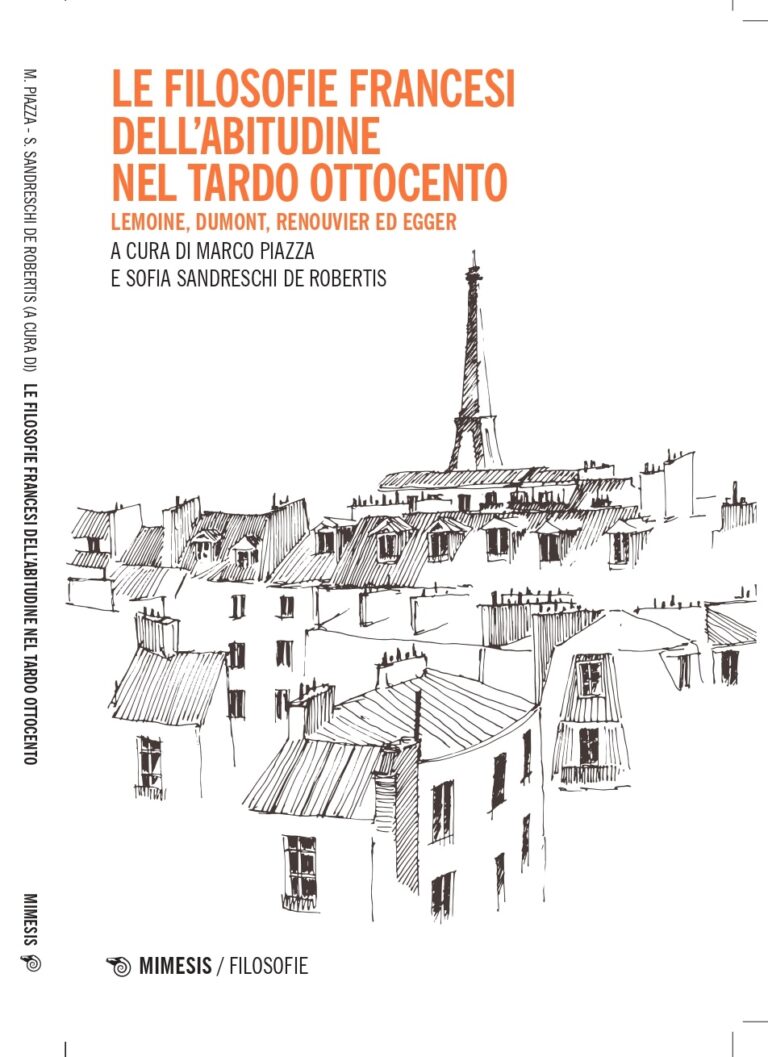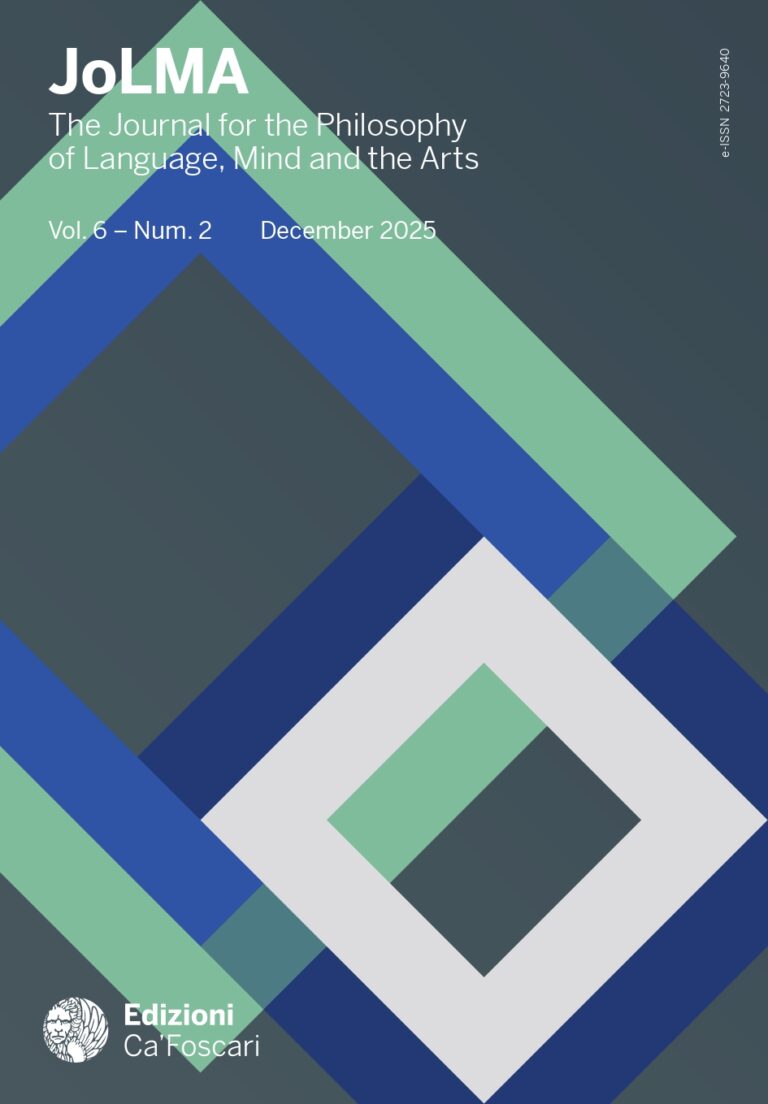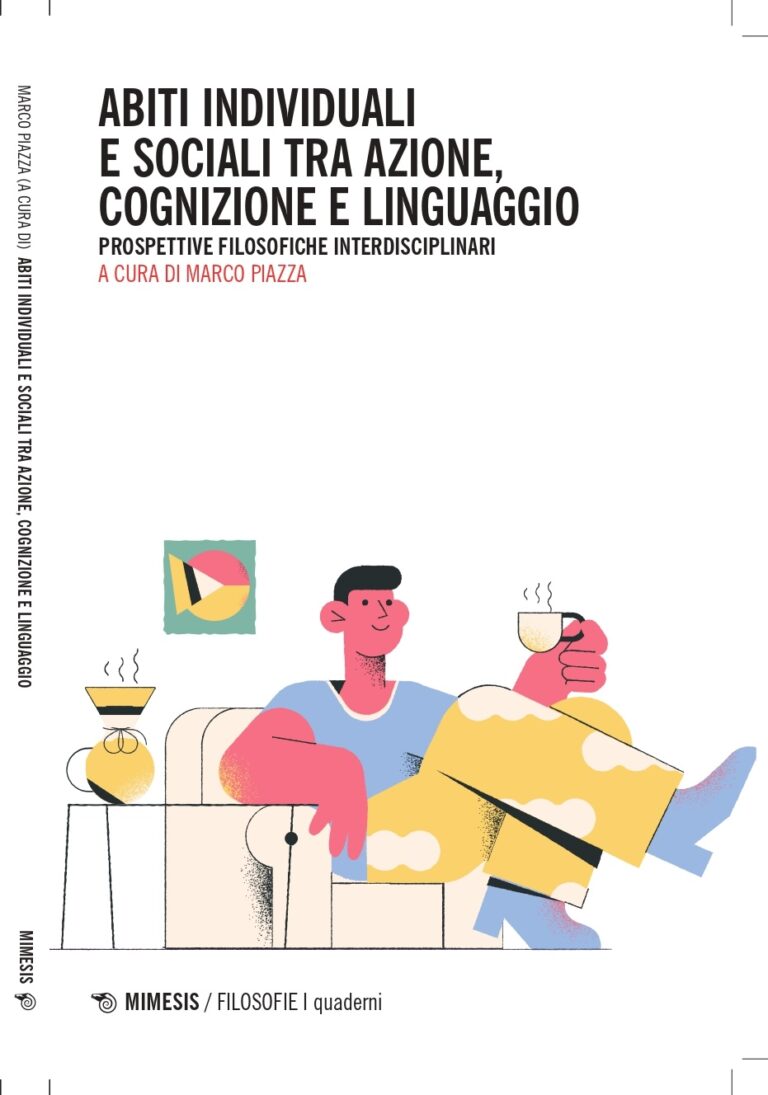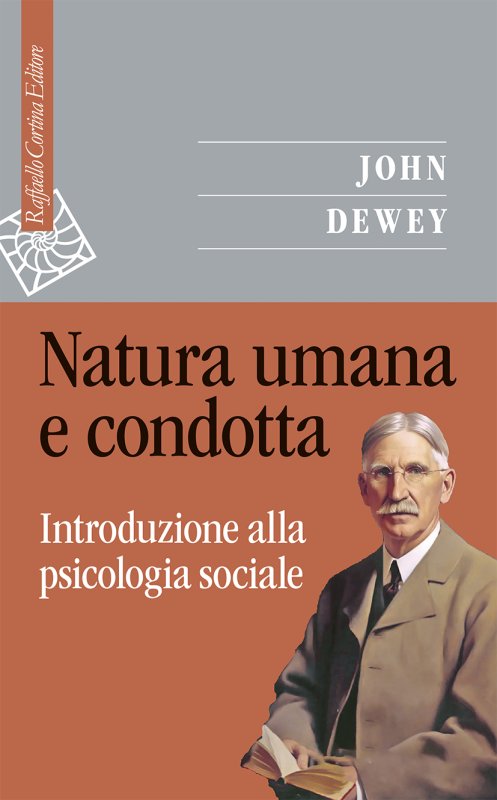The special issue aims to explore the multifarious relationship between habits and power, focusing on habits’ role in perpetuating or transforming systems of power, prejudice, and inequality, as well as their potential to address issues like racism, gender oppression, class inequalities, and environmental crises.
A long-standing philosophical tradition has emphasized the profound influence of habits—not only on our everyday conduct but also on our broader patterns of action and more or less conscious mental processes (Pollard, 2010; 2011). The ambivalence of habit as a regulating principle is a recurring theme in Western philosophy, revealing its dual nature: on one hand, habit can shackle us to routines and customs, while on the other, it facilitates ease, effortlessness, and even pleasure in performing actions that initially required considerable difficulty, effort, or even pain (Carlisle, 2014). Habits also possess an inherently supra-individual dimension. They are not merely dispositions acquired within a specific social and cultural milieu but also serve as a critical interface between individuals and their environment—both natural and artificial—of which they themselves are a part (Dreon, 2022). This complexity has been acknowledged since the origins of modern thought, beginning with Michel de Montaigne, and was solidified in the philosophy of David Hume. From there, it extended to pragmatism and phenomenology, influencing thinkers such as John Dewey and Maurice Merleau-Ponty, as well as the sociological theories of Pierre Bourdieu (Sparrow & Hutchinson, 2013).
Reflecting on habits as customs and on the regulatory principle of custom itself allows us to uncover the deep connection between habits and power. The habits of power can be understood as the habitual forms power assumes, often manifesting as unconscious ways of life or practices performed without deliberate awareness. Social actors incorporate or passively adopt these habits and reproduce them, sometimes willingly, sometimes less so (Bennett, 2023). These habits, embedded in social customs, practices, and traditions, shape the possibilities for transformation, which must be analyzed by examining their essence as socially shared inclinations (Caruana & Testa, 2020).
With attention to critical issues such as racism, gender oppression, class inequalities, and environmental crises, this Call for Papers (CFP) seeks to foster research on pressing questions. These include the relationship between historical values and material necessities in the dynamics of habit-breaking, the role of prejudice in perpetuating harmful customs, the contribution of rationality in establishing new practices, and the psychosocial conditions for adopting habits during periods of crisis (Bennett, 2016; Guerra & Piazza, 2022).
This range of topics necessitates an interdisciplinary approach. Accordingly, this CFP welcomes contributions from scholars across various fields, including but not limited to social theory, political history, moral psychology, and the history of philosophy.
Possible topics include (but are not limited to):
• Habits’ Transformation
• Habits’ Reproduction
• Gender Habits
• Race Relations Habits
• Environmental Habits
• Bias Reproduction Habits
• Creative Habits
• Acquisition of Habits
• Disruption of Habits
INVITED CONTRIBUTORS:
• Tony Bennett (Western Sydney University)
• Italo Testa (University of Parma)
• Chiara Collamati (Université de Liège)
• Mark Sinclair (Queen’s University, Belfast)
• Alfredo Vernazzani (Ruhr-Universität Bochum)
• Katrien Schaubroeck (University of Antwerp)
• Giovanni Maddalena (Università del Molise)
• Corinna Guerra (Università di Venezia)
Submission DEADLINE: Please submit your paper by June 30, 2025.
Contact: MARCO VIOLA marco.viola@uniroma3.it





